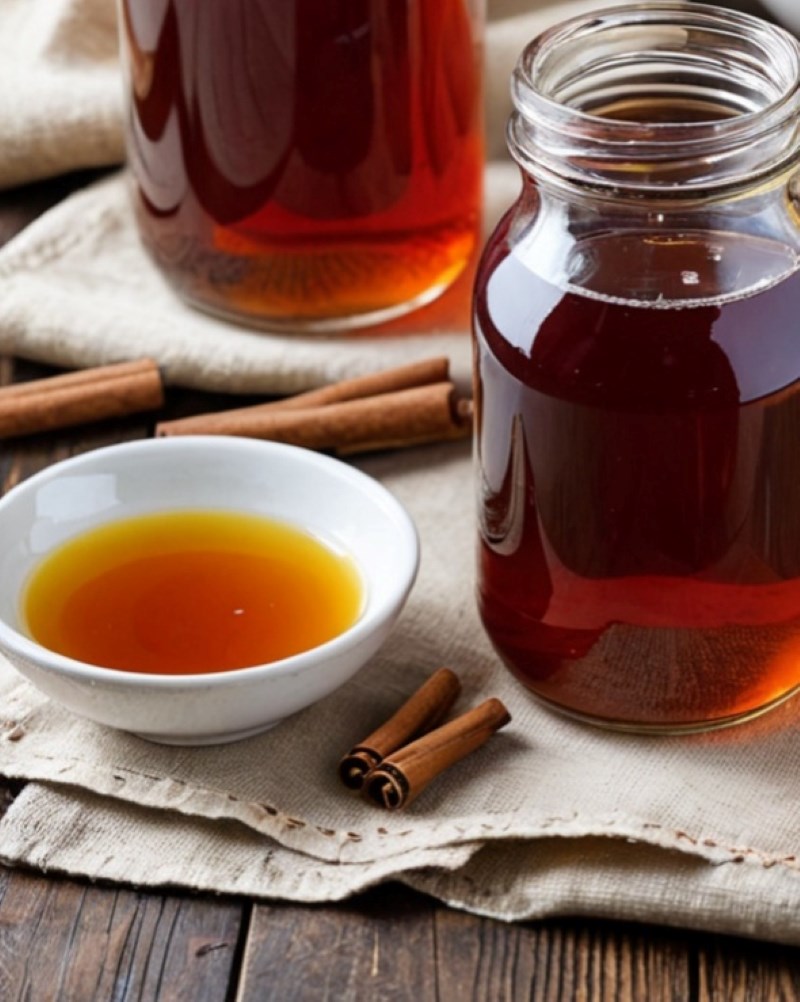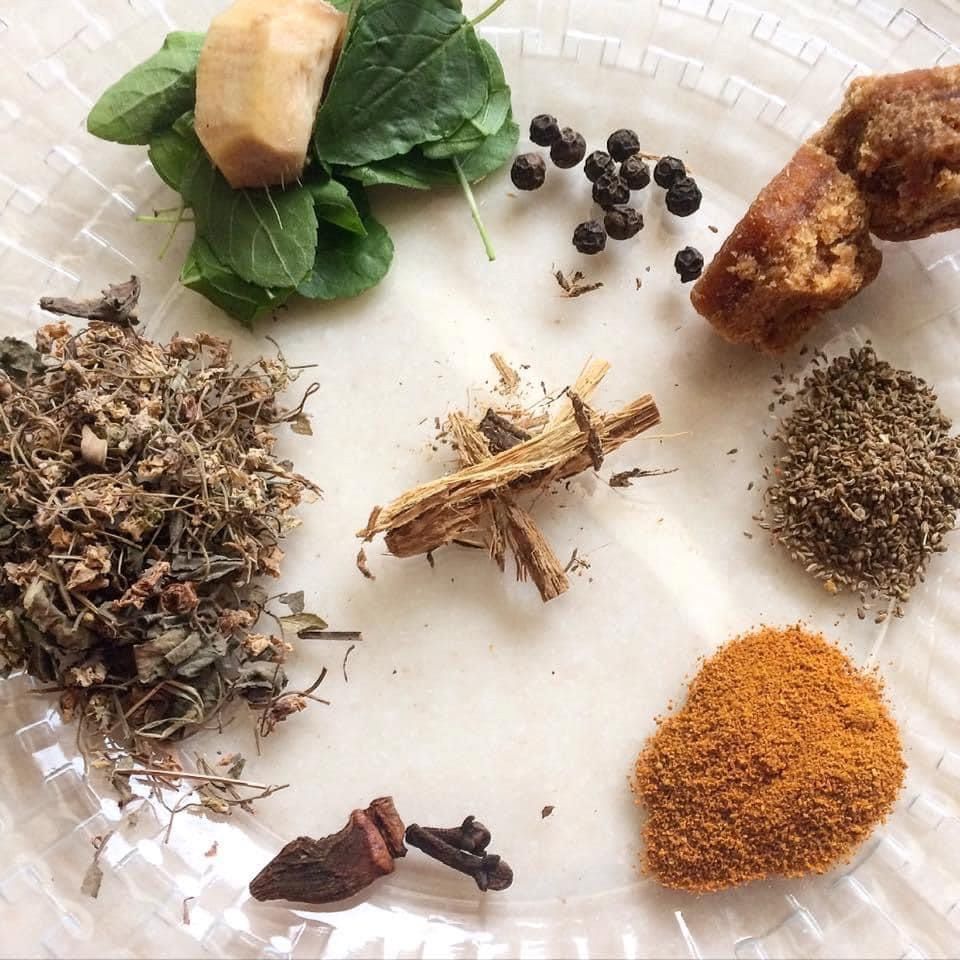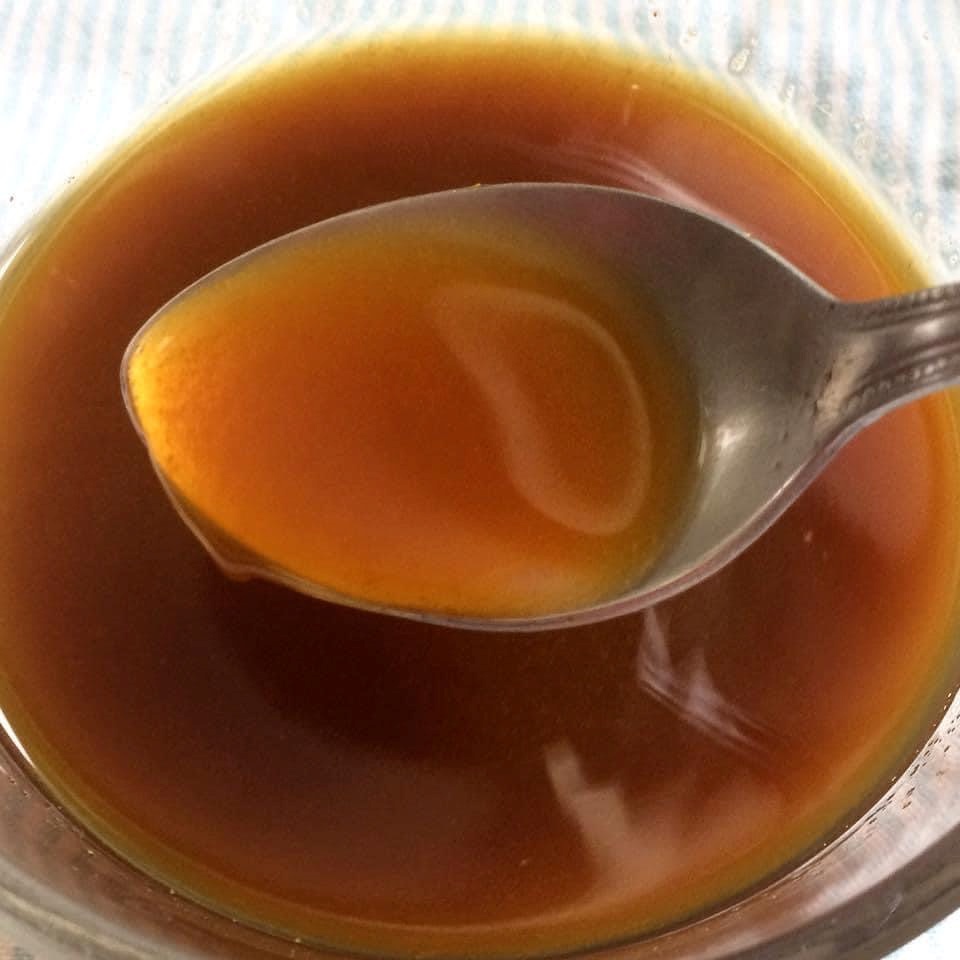
When it comes to flu, I try to resort to home remedies as much as i can. I don’t like over the counter medication like suppressants, expectorants or decongestants to treat my cough unless it is keeping me up all night and a doctor suggests it.
I have seen so many people who have bad cough and stuffy nose heading straight to a drug store to pick up OTC medication for relief. The labels of these OTC cough and cold medicines are often overseen or ignored; as a result, people don’t know what these bottles contain and what their ingredients can do.
Decongestants provide symptomatic relief from congestion because they cause narrowing of blood vessels in the nasal passages and sinuses. This can help to reduce inflammation and stuffy nose but what people overlook is that other blood vessels throughout the body are not immune from the narrowing effect. It can lead to high blood pressure and elevated heart rate. People who already have high BP should always take such medication under doctor’s supervision and never self medicate.
There are growing concerns about safety and doubts about the efficacy around the use of OTC cough medicines. In fact, most studies have found no evidence that over-the-counter medicines actually suppress or stop coughing. In many cases, they’ve performed no better than a placebo.
Most viral infections anyway don’t need any medical attention. It’s best to resort to home remedies. The more medicines you take, the lower will be your immunity.
This homemade cough syrup remedy was passed on to me by grandmother. I made it for the first time some 7 years back when I had dry cough that just didn’t go away. It had been more than 15 days, the cough didn’t seem to get any better. I tried everything from saline water gargles, hydration, steam, even tried mucolytic drugs prescribed by the doctor. But nothing gave me much relief.
It was then this syrup came to my rescue and worked like a charm. Within 3 days I noticed a huge relief in my cough. The best part is I can give this to my little one without any fear of side effects.

Ingredients used and their benefits
1) Holy Basil or Tulsi Leaves: Tulsi, the ancient herb, has positive actions on the respiratory system. Tulsi or holy basil helps to effectively liquefy the phlegm. Boiled Tulsi water helps to provide a soothing effect to people suffering from sore throat. Due to its anti-bacterial and anti-inflammatory properties, Tulsi has been used as part of home remedies for cough and common cold for centuries. Its juice is also effective in bringing down fever.
2) Ginger: Ginger is a natural anti-inflammatory and antioxidant that can help ease a cough. It can reduce inflammation in your respiratory tract and may even help to suppress the cough reflex.
3) Turmeric: Turmeric is a nutritional powerhouse and is said to contain a nutrient called curcumin, which has significant anti-inflammatory properties. It can relieve congestion and reduce coughing.
4) Black pepper: Due to the expectorant properties present in black pepper, it extends relieve from sinus, cough and nasal infection. It’s anti-viral which can break down mucus and phlegm deposition in the respiratory tract.
5) Caraway seeds or Ajwain: Ajwain is a powerful spice that provides relief from coughing as well as clear mucus from your nose, both of which make breathing easier. It may also help to widen the bronchial tubes, which can help those with asthma.
6) Banafsha or Dried Sweet Violet Flower: Banafsha is one of the main hero ingredients in this recipe. It is medicinal plant which has a long proven history in treating whooping cough. It is highly effective in treating asthma, fever and also bodyache. It is also used as an ingredient in many herbal medicines. It expectorates phlegm from the chest and relieves chest pain and pneumonia.
7) Mulethi or Liquorice Root: Mulethi or Liquorice also known as “Sweetwood” is a traditional medicinal herb. It is widely used in Ayurvedic practice to treat respiratory and digestive disorders. It is said to contain anti-viral, anti-inflammatory & anti-bacterial properties, which maintains mucosal health. It is also an immunity booster because of its powerful antioxidants.
8) Cloves: Clove is rich in essential oils which have antimicrobial and antioxidant properties. Its anti-inflammatory properties can accelerate healing process. Many people opt for clove oil to clear blocked nasal passages too. It also has a cooling effect on nasal cavity and throat. Cloves show expectorant property that helps to discharge secretions and mucous in the respiratory tract.
9) Star anise: Star anise has been traditionally used in Chinese medicines for centuries to treat respiratory and digestive disorders. Studies indicate star anise may have antioxidant, anti-inflammatory, antimicrobial, anti-cancer, antispasmodic, and sedative properties. Be careful when it comes to star anise. Use Chinese star anise and not JAPANESE. Japanese star anise is believed to be highly toxic.
Recipe: makes 80 ml
Ingredients
- 10 to 12 Tulsi leaves
- 1″ ginger
- 1″ fresh turmeric or organic turmeric powder
- 10 to 12 Black peppercorns
- 1 tsp Caraway Seeds
- 1 tbsp Banafsha
- 1″ Mulethi
- 2 cloves
- 1 Star anise
- 2 tbsps Jaggery powder
- Water: 300 ml

Instructions
- Crush tulsi and ginger together. Coarsely crush peppercorn and cloves.
- In roughly 300 ml of water, add all the ingredients except jaggery.
- Let it all simmer till it reduces to almost 1/4th. Add jaggery and mix well till it melts.
- Cover it and let it rest till it cools and then sieve it.
- Transfer it to a clean glass bottle.
Notes
- It is safe for children. You can give this to kids above 1 year. One tsp for kids, twice in a day followed by warm water.
- For adults about 10 ml twice a day followed by warm water
- If not Jaggery, you can also add raw honey to it. Honey should be added when the concoction is completely cool. Honey should never be added to hot liquids as per Ayurveda. If you would like to know more about it, check out this link- Honey Rules! Why you should never cook honey. Do not give honey to children below 1 year.
- This syrup will last you 2 days when kept at room temperature. But I prefer making it fresh everyday.
- Drinking enough water is important with this syrup because some of the spices and herbs used are warm in nature.









